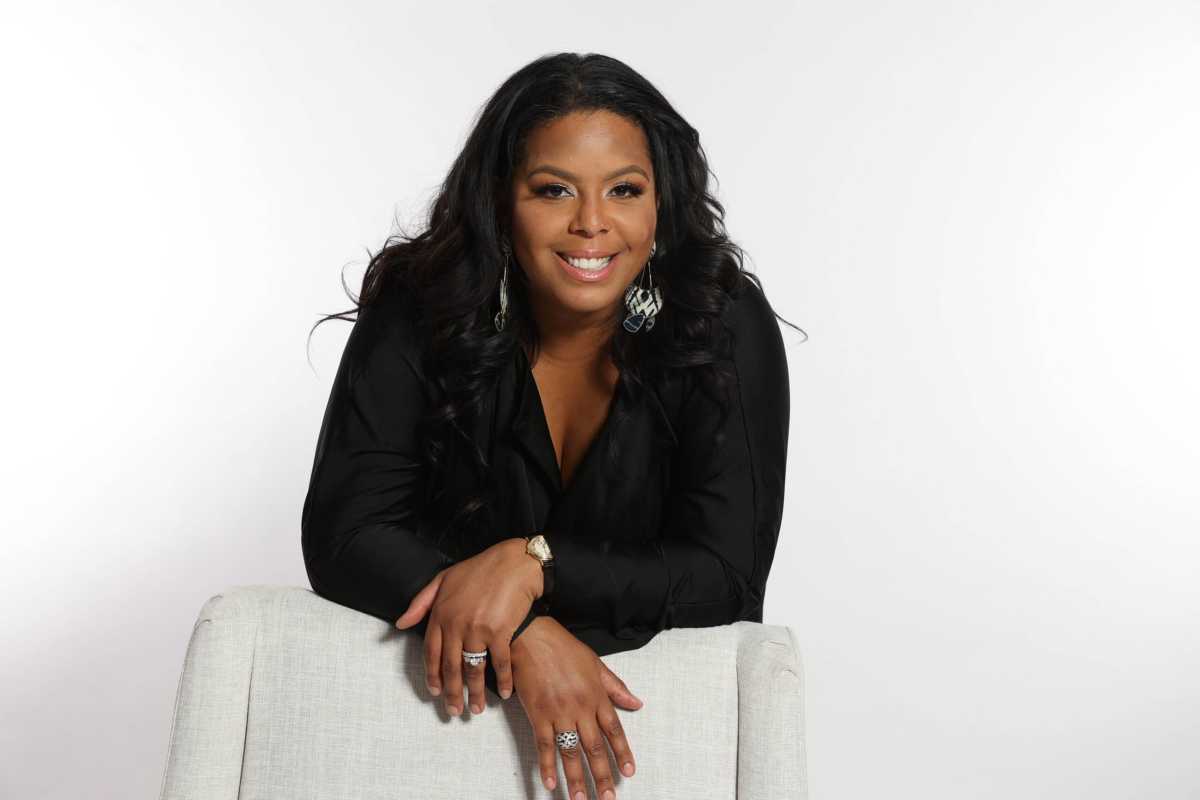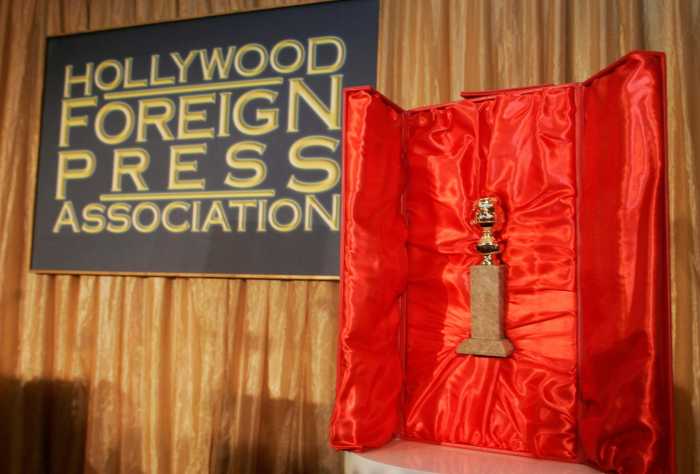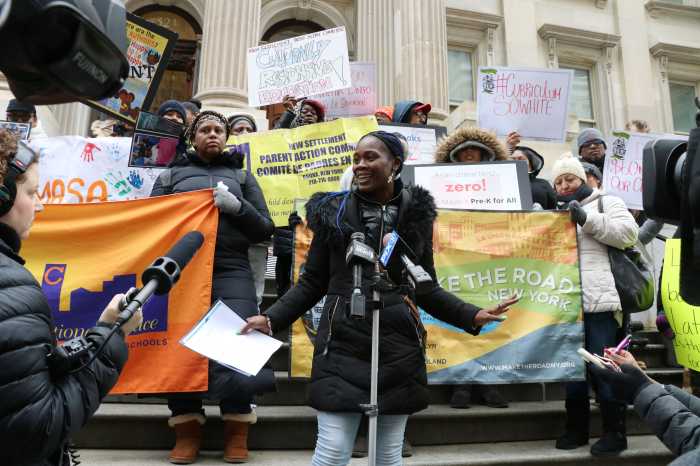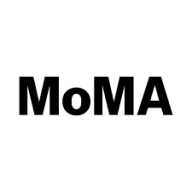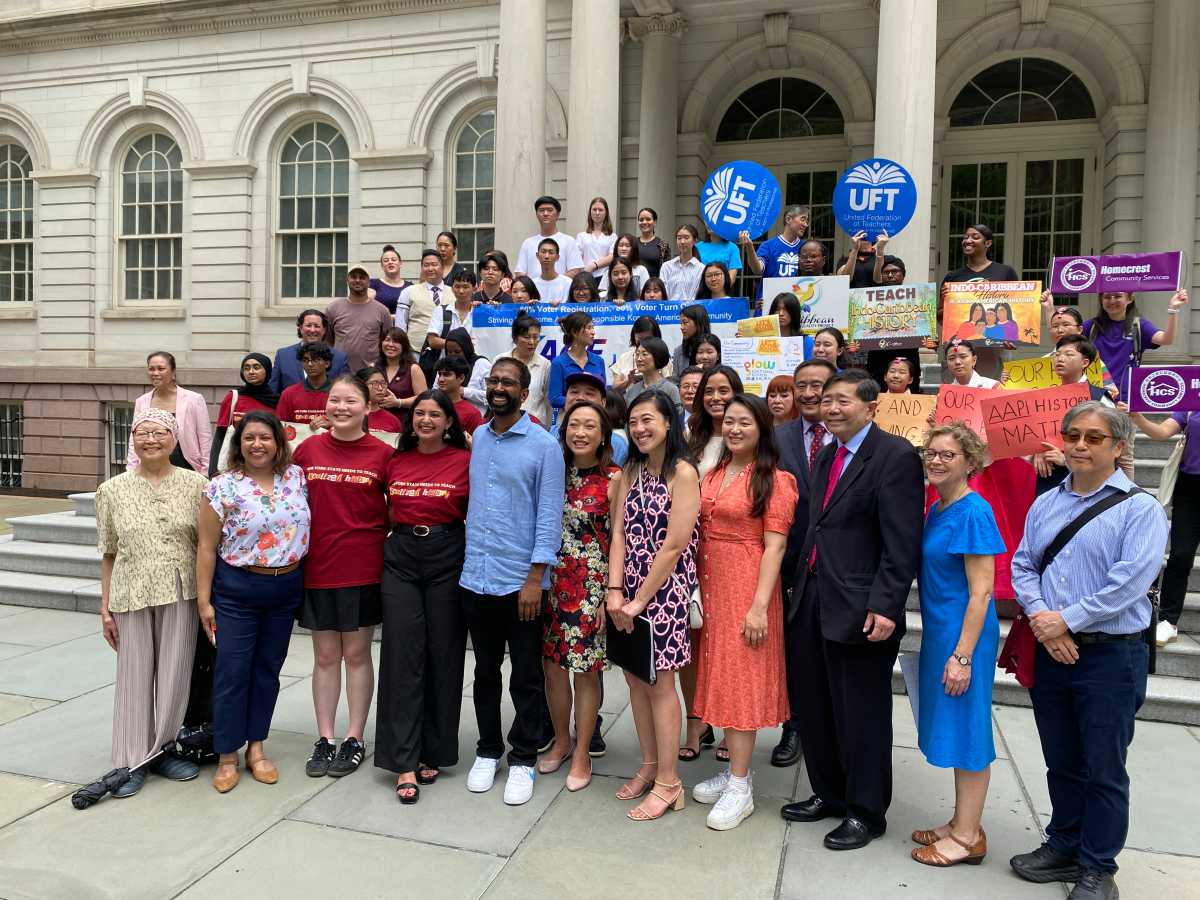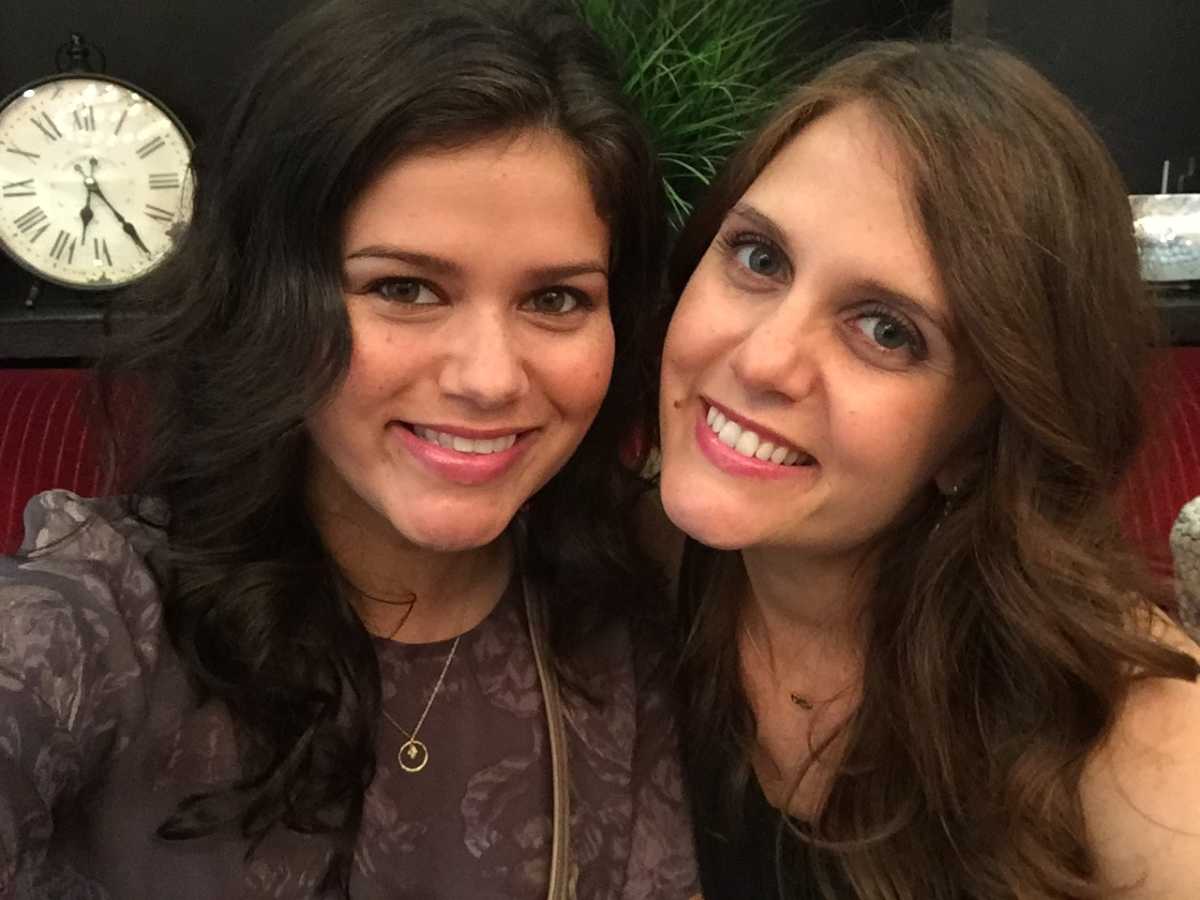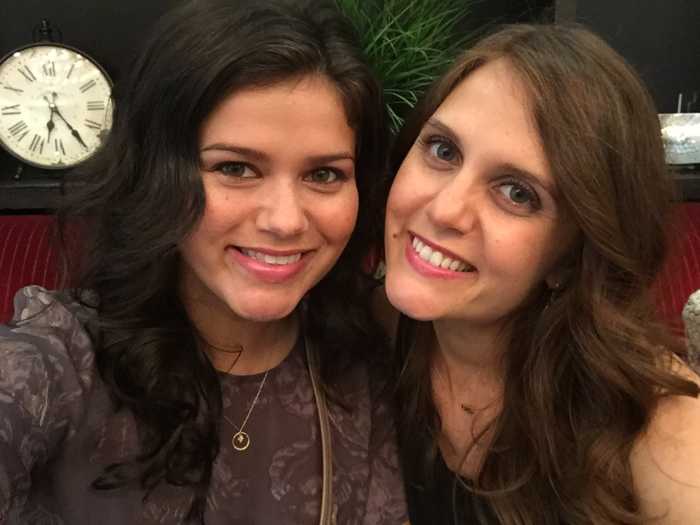A New York City company is working to diversify the spirits industry, starting with Black-owned brands.
Queens native Dia Simms has worked in a number of different industries, from advertising to fashion and defense to pharmaceuticals. Working in the spirits industry wasn’t something that was on Simms’ radar.
“I sort of fell into the industry, it definitely wasn’t on my radar whatsoever,” said Simms.
After working a few parties and learning about what kind of impact the spirits industry can have, Simms dove right in. She worked as an assistant to Sean Combs and helped develop Cîroc Vodka. She now mans the helm as CEO of Lobos 1707 Tequila & Mezcal.
“That was really a master class in how to build a brand from scratch in the spirits industry and it was such an opportunity to serve a consumer in a new and novel way in the space,” said Simms. “We saw that it paid off in spades in the way that the brand went from a brand that was not doing so great to a brand that was becoming a multibillion-dollar brand.”
Simms teamed up with Erin Harris (CMO of Lobos 1707) and Dan Sanborn (President of Wheelhouse Labs) to launch Pronghorn, a 10-year initiative to drive diversity, equity and inclusion in the spirits industry, in 2022. The three started brainstorming in 2020 as the United States had a resurgence of facing issues surrounding racial injustice and inequality.
“We started conversations right around when the country went through this racial reckoning and honestly it was refreshing, started getting calls from people we respect, friends and colleagues in the spirits industry saying, what can we do?” said Simms. “The three of us, we don’t want to do anything in a small way. We want to think through how we want to be helpful, it has to be meaningful, has to be systemic, and it has to be appropriately resourced.”
Ultimately what came of the planning was coming up with a framework to diversify the spirits industry as a whole by focusing on entrepreneurs in the Black community. Pronghorn, backed by the world’s leading spirits producer, Diageo, is aiming to generate $2.4 billion in economic value for the Black community by 2030 by investing time and resources for Black founders.
“The premise that we started out with was, this is in an industry we love, but let’s think bigger. How can we create a template of how we can effectively diversify any industry?” said Simms. “Let’s build this as a template and we will start with the Black community and the spirits industry, and we will build an open code and as we learn, ideally we just built a platform that is applicable to other communities and to other industries.”
Pronghorn assesses each brand’s situation and help their clients find what they need to navigate the business side of the industry, including distribution, e-commerce, marketing, supply chain management, and more. Essentially, the team at Pronghorn will work with you to help you find the best opportunities to succeed.
“We have access to world-class data and the ability to draw insights, so we can say here’s some white space in the industry that you can target,” said Simms. “We will also be offering access to opportunities to tap into the supply chain and also to eradicate a lot of the time that founders go into to try and find, like where can I source glass, how do I negotiate a distributor deal. There’s a fair amount of time where the founder will just learn the industry, and essentially, we are trying to expedite that process.”
Pronghorn is specifically working with the Black community because in the spirits industry, Black consumers account for 12-16% of alcohol sales, but only account for 7.8% of its workforce, just 2% at the executive level and below 1% for Black women, and 0% in acquisitions.
This in part is where the name for the initiative came from. The name Pronghorn is for the animal, which is the second-fastest land mammal in the world, behind the cheetah. Though a cheetah would win in a sprint, a pronghorn would win in a marathon — Simms says that the Black community has a lot of ground to make up for after so many years of not having opportunities to succeed in this arena.
“What’s unique about the spirits industry is that it has a lot of complexity and it’s a little bit small. It’s not on a lot of people’s radars. When I was in college, it didn’t occur to me that I could become a master distiller of whiskey. There has not been a lot of awareness about the spirits industry as an opportunity to go work or to be an entrepreneur,” said Simms. “The second thing is just the simple math of when you look at the Black community, who are represented as 12-14% of the population and of consumers on one side of the bar, not represented on the other side of the bar at the executive level where less than 2% of executives are black, and for Black women, it’s almost zero, like it’s a point decimal. And that just doesn’t make mathematical sense.”
Due to the pandemic, the team at Pronghorn saw how disproportionately those in a lower economic bracket were affected compared to those with more wealth and opportunity. Through its mission, Pronghorn aims to build sustainable change that will actually hold up over time.
“It really underscored something that we understood but kind of tripled down on as we saw people impacted by the pandemic. If we’re not being intentional about the economic engineering under civil rights or any community, it can be tricky for any of those things to stick around in the long term,” said Simms. “You saw how disproportionately people were impacted during the pandemic depending very specifically on your economic status. It just underscored why all the work we do at Pronghorn had to build for sustainable change in a way that could make an economic impact for the industry and the Black community at the same time to actually last.”
The model for Pronghorn has the potential to expand to other industries, and while Simms hopes that they will be able to use Pronghorn as the framework for other industries, but for now, they will remain focused on spirits. For those who are looking to dip their toes into the spirits industry, Simms says in addition to Pronghorn there are a ton of great resources available, and that anyone has the potential to be successful in this industry, and she encourages her fellow New Yorkers to sign on.
“One thing I always say is all humans are 99% the same genome, we all have the same capacity for abundance within us. I think that for those of us who are like, ‘I don’t know this, I don’t have this,’ the differences between us we celebrate what makes us unique but the opportunity to excel and live a life that you love is available to all of us,” said Simms. “The spirits industry is not so much about whether or not you enjoy or indulge, this is a 353 billion dollar industry that I’d love to see more women and more people of color become a part of.”
For more information about Pronghorn, visit pronghorn.co.



